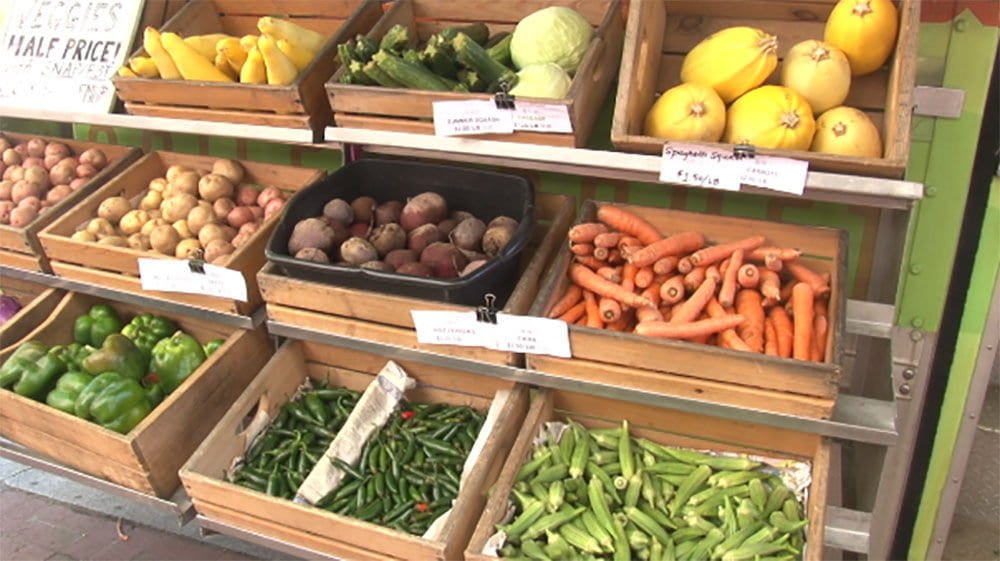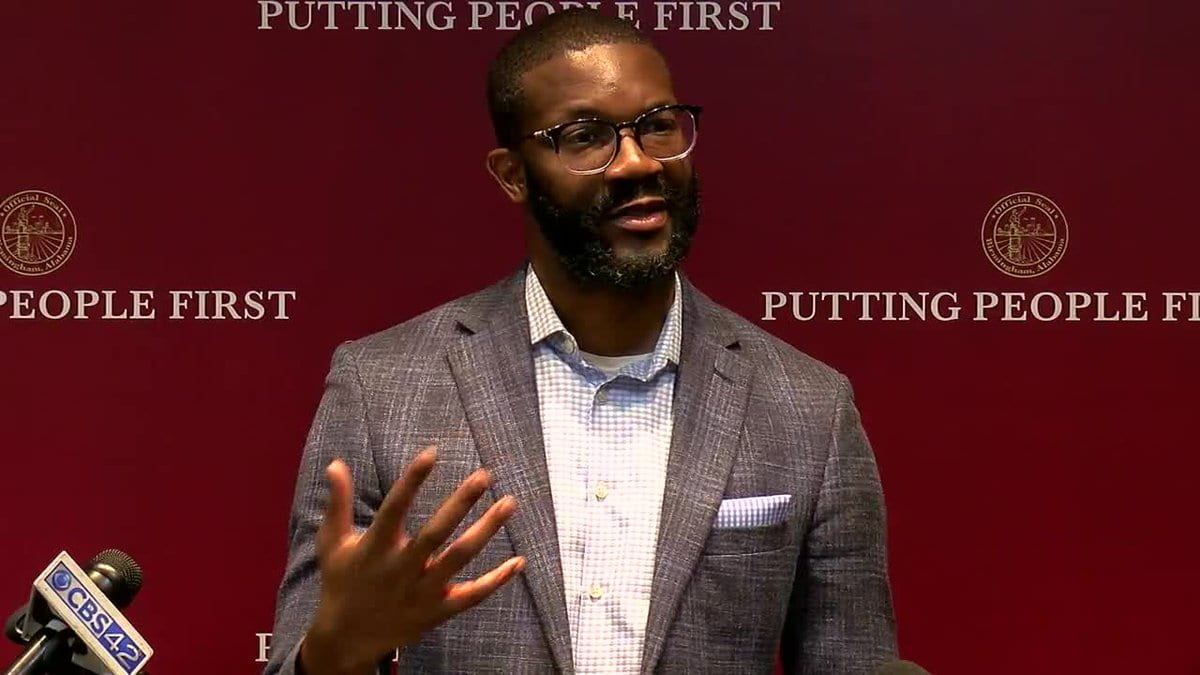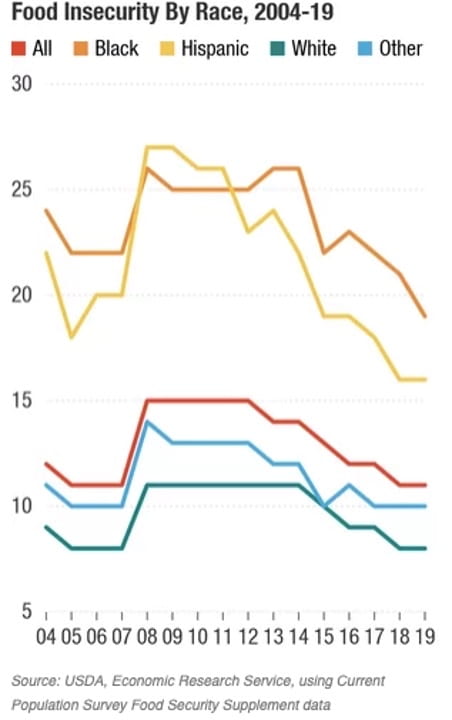[ad_1]

The USDA reports that there are about 23.5 million people in the US that reside in a food desert, including over six and a half million children. A food desert is described as an urban area in which it is difficult to buy affordable or good-quality fresh food. Many believe that the term ‘desert’ incorrectly implies that a lack of affordable and healthy food is naturally occurring, and a better term to describe the subject is food apartheid, which also includes the discrimination of communities of color regarding economic opportunity and access. For the case of this post, we will use the two interchangeably. In Alabama alone, close to two million residents live in a food desert, and almost 150,000 of them live in Birmingham. This accounts for 69% of the city’s total population. A 2019 update also found that there is at least one area that is identified as a food desert in each of Birmingham’s nine City Council Districts.
Birmingham’s Efforts to Eliminate Food Desertification

At the end of March 2022, the Birmingham City Council voted to approve an incentives package for a new Food Giant supermarket in the city’s Five Points West area. According to the Birmingham Watch, the Food Giant store will be located at 2257 Bessemer Road, the former location of a Winn-Dixie grocery store that shut down in 2018 after the chain filed for bankruptcy. Mayor Randall Woodfin spoke on the efforts to eliminate food deserts saying, “We’ve been aggressive since day one in finding the most creative things we can do to support putting a dent in food insecurity and getting more grocery stores in our community,” he said. “I think we’ve been told ‘no’ a gazillion times. … Now, we’re happy to share with the public that a brand that is known, that people trust and that provides quality food is coming back to Birmingham.”
In addition to the positive effects of bringing a new and much-needed grocery store to the area, Jay Mitchell, Mitchell Foods Vice President of Retail Operations, said the store looks to hire locally through social media, hiring events, and job fairs. “We will be bringing some team (members) from our adjacent stores, but most of the hiring will be right here,” he said, adding that the average wage will be between $11 and $12 per hour. The project brings in many promises to increase economic development, which has proved to be exciting for the city administration, the Food Giant team, and the residents of west Birmingham themselves.
National Food Apartheid
According to a report by the USDA’s Economic Research Service, there are over 6,500 food desert tracts in the United States. People who reside in food desert tracts are more likely to have abandoned or vacant homes, and those who live in these areas tend to have less education, lower incomes, and higher unemployment rates.
 This chart goes on to show the differences between food insecurity rates based on race. Although each demographic has seen a decrease in their food insecurity rate over the last several years, there is still a very large gap between the races, with the biggest difference being between Black and white Americans, who have a difference of roughly 10% between the groups. Even worse, there are countless combined consequences that can hurt already marginalized communities from living in a food apartheid, including an increase in obesity and physical conditions like diabetes due to the lack of access to affordable and healthy food options.
This chart goes on to show the differences between food insecurity rates based on race. Although each demographic has seen a decrease in their food insecurity rate over the last several years, there is still a very large gap between the races, with the biggest difference being between Black and white Americans, who have a difference of roughly 10% between the groups. Even worse, there are countless combined consequences that can hurt already marginalized communities from living in a food apartheid, including an increase in obesity and physical conditions like diabetes due to the lack of access to affordable and healthy food options.
Ways to Help
Despite the current efforts to help, there is still a great need to assist those who are experiencing this human rights crisis at hand. Although the complex issue holds no simple solution at the local, state, or national level, there are many ways to contribute to the cause. The first step to begin making a positive change is to educate yourself on the levels of food insecurity in your area and who it primarily affects. Learn if anything is currently being done by your city, county, or state government or private organizations. Familiarize yourself with food banks in your community and consider forming the habit of donating to them periodically if you can do so. Food banks and pantries usually also take donations of unused toiletries for those in need and special products for pregnant mothers and babies, but you should check what each place is willing to accept in advance. In addition, you can also ask what their most needed items are throughout the seasons. Regardless of how you choose to help, we can all make a positive difference by educating ourselves and others on the causes and effects of food insecurity.
[ad_2]




